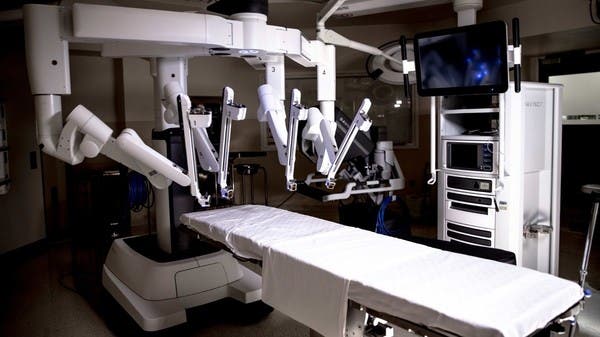Robotic Surgeries Are The Future Of Healthcare
We see robotics in every industry nowadays. From automotive to warehousing and logistics, as well as supply chain management and travel, robotics have been a major innovation that automates tasks and does every job without a mistake.
Because of the “mistake-free” scenario and their precision, robotics have also been used to assist in surgeries. Latest innovations have led to personalized medicines and technology-enabled care.
One example is the Cleveland Clinic in Abu Dhabi, where 3D printing and robotic surgery have already been adopted. From thoracic to cardiovascular surgeries, people from the Middle East and Africa have undergone surgeries where surgical robotics were used because of their high level of precision.
As described in a local news outlet, robotic surgery is “an advanced form of minimally invasive or laparoscopic surgery. It has transformed the care and treatment of prostate cancer, digestive diseases, urological procedures, hysterectomy and mitral valve repair – all of which are performed by experts at Cleveland Clinic Abu Dhabi – by increasing the precision of operations and reducing patients’ recovery time.”
Doctors believe that robotic-assisted surgeries are the next standard of surgical care around the world. The advantages are currently seen in the minimally-invasive procedures, but the technology was developed to undergo changes and overcome limitations in the future.
“Using robotics enables us to have more dexterity and control, increases our visibility, reduces the surgeon’s muscle tremor and enables us to move our instruments in a way that a human wrist cannot,” said Dr Yasir Akmal, a Staff Physician of General and Oncologic Surgery in the Digestive Disease Institute at Cleveland Clinic Abu Dhabi.
At the end of the day, surgical robotics are minimally invasive. To patients, they offer benefits in the form of faster recovery, less pain and blood loss, less chance of infection. To doctors, they are good because they perform more precisely and eliminate the stress factor, which has led to the wide adoption of robotic surgery in various parts of the world.








